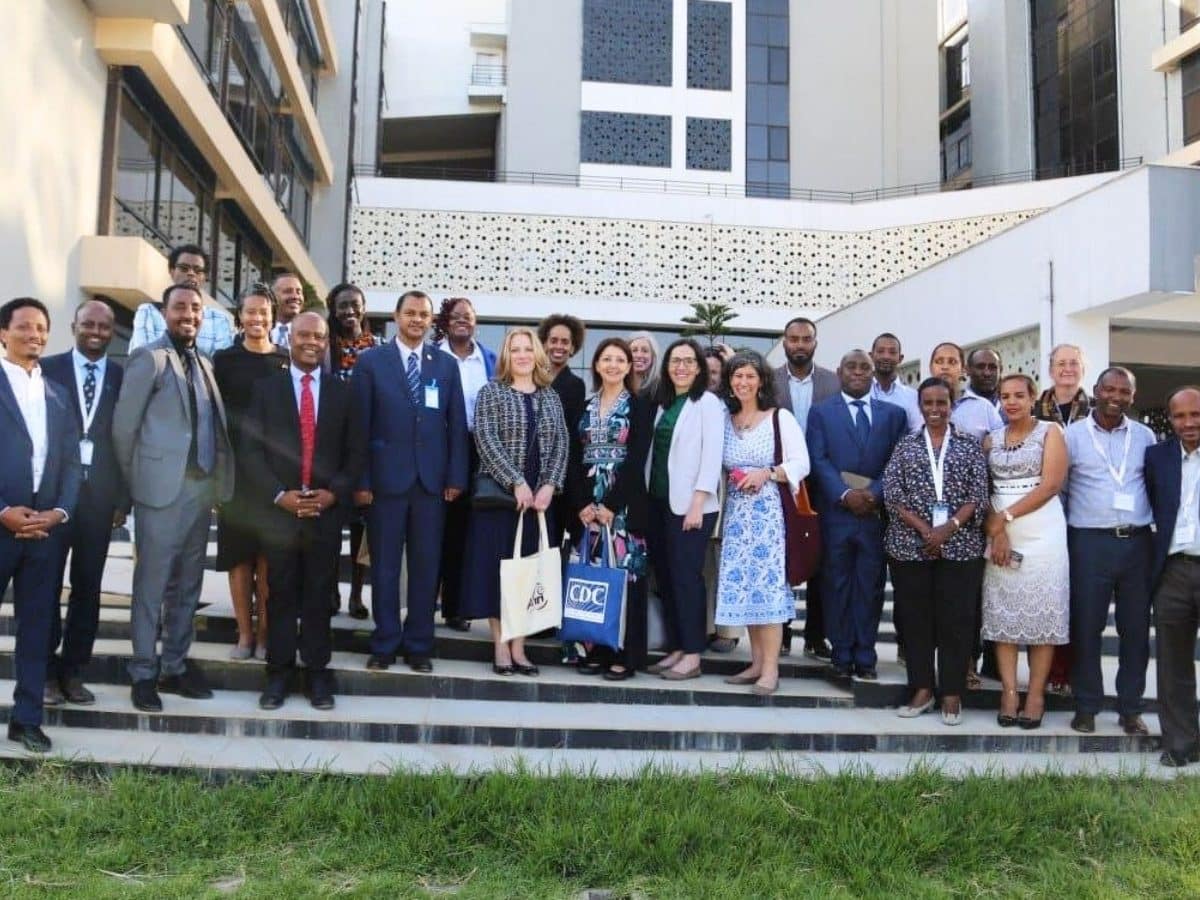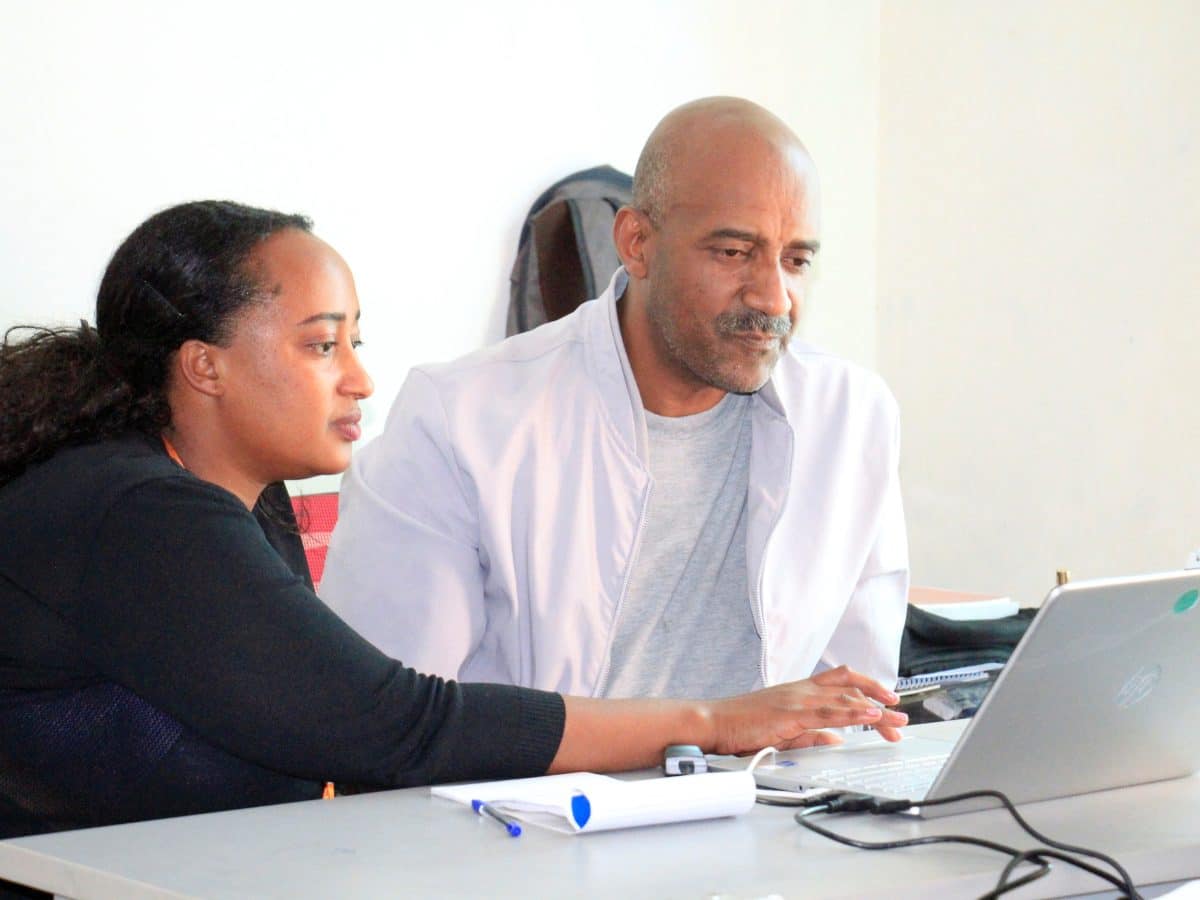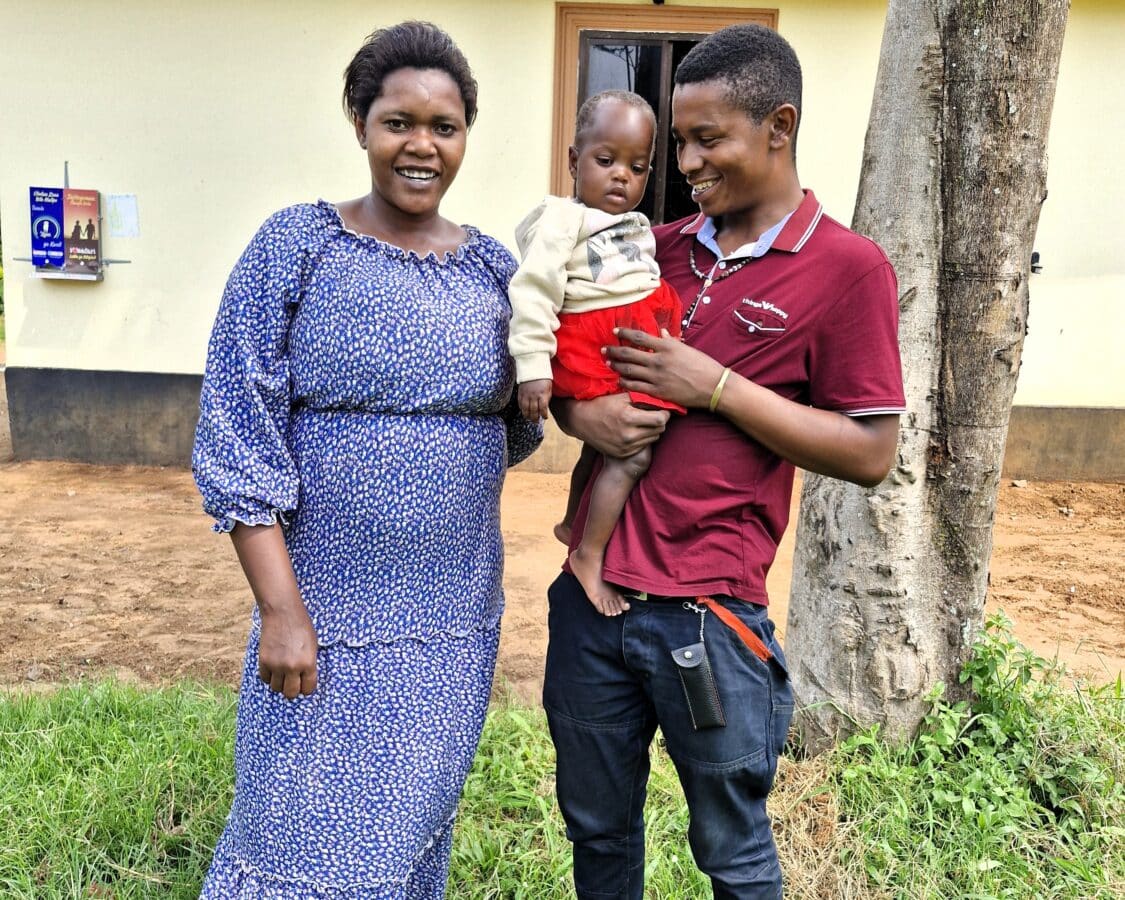Cervical cancer is the leading cause of cancer deaths among women in developing countries, according to the World Health Organization, and the most frequent cancer among women in Tanzania. Studies have also shown that HIV-infected women have four to five times the risk for cervical cancer than HIV-negative women.
“HIV-positive women are more likely to be infected with the high risk strains of human papillomavirus virus (HPV), and more likely to have persistent HPV leading to pre-cancer,” explained Linda Andrews, senior staff associate at ICAP’s Tanzania office. Since June 2010, Andrews and the ICAP team in Tanzania have been working on a new initiative that supports cervical cancer screening and treatment at 11 sites in Kigoma, Tanzania in partnership with Grounds for Health, JHPIEGO, and the Jane Goodall Institute.
Of the 11 ICAP-supported cervical cancer screening sites in Kigoma, seven provide a low-cost screening procedure called VIA–a process that uses visual inspection with acetic acid (i.e. vinegar)–and, for those women with positive VIA results, treatment with cryotherapy is used to freeze pre-cancerous cells. The five other sites conduct VIA and refer patients to nearby sites for cryotherapy.
Getting this program off the ground has offered challenges as well as great accomplishments. Training and mentorship of staff, providing information to the women, as well as procuring appropriate equipment and supplies have all needed to be secured. Ensuring ongoing availability of the necessary carbon dioxide tanks used for cryotherapy was one challenge. After some searching, a provider of the these tanks was found in Mwanza (a 10-hour drive from Kigoma) and has been able to deliver tanks to sites throughout the Kigoma region, ensuring that each clinic has two tanks at all times.
The single visit, screen, and treat approach is supported by Tanzania’s National Cervical Cancer Prevention Guidelines, which were approved in February 2011. The approach is thought to help mitigate the number of untreated women lost to follow up, as screening and immediate treatment ensure that women are not asked to make multiple trips to health clinics that, for some, mean long trips from their villages.
To date, ICAP has supported the training of 20 health care workers in cervical cancer screening and treatment, along with the district reproductive and child health coordinators. Fifteen community-based distribution agents have also been trained in mobilizing women for cervical cancer screening in the region. While data continues to be collected, ICAP estimates that more than 2,250 women, both with and without HIV infection, have been screened in the past nine months. This effort is one demonstration of extending the HIV platform to address an important health threat to all women in Tanzania.
Building on this work, ICAP is rolling out cervical cancer screening services to an additional 10 health facilities in order to cover the high volume sites within the four districts of Kigoma. The program will then expand to four facilities in Pwani region using the screen and treat approach. HIV peer educators are helping to support this effort and encourage this screening for maintaining women’s health. “We have offered peer educators screening and many have enthusiastically accepted. This is a way to ensure that they have the knowledge and experience to encourage their peers to get screened. So far, we’ve received an encouraging response,” reported Redempta Mbatia, ICAP country director in Tanzania.
As ICAP in Tanzania continues to support and evaluate the cervical cancer program, the team is working with the Tanzanian government to develop standard operating procedures for cervical cancer screening. ICAP also continues to partner with the Ministry of Health and Social Welfare to provide in-service trainings for regional and district management teams, as well as train peer educators and standardize messages and materials.








